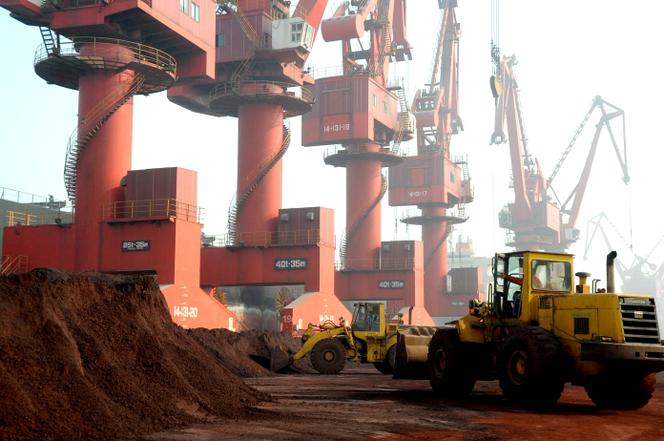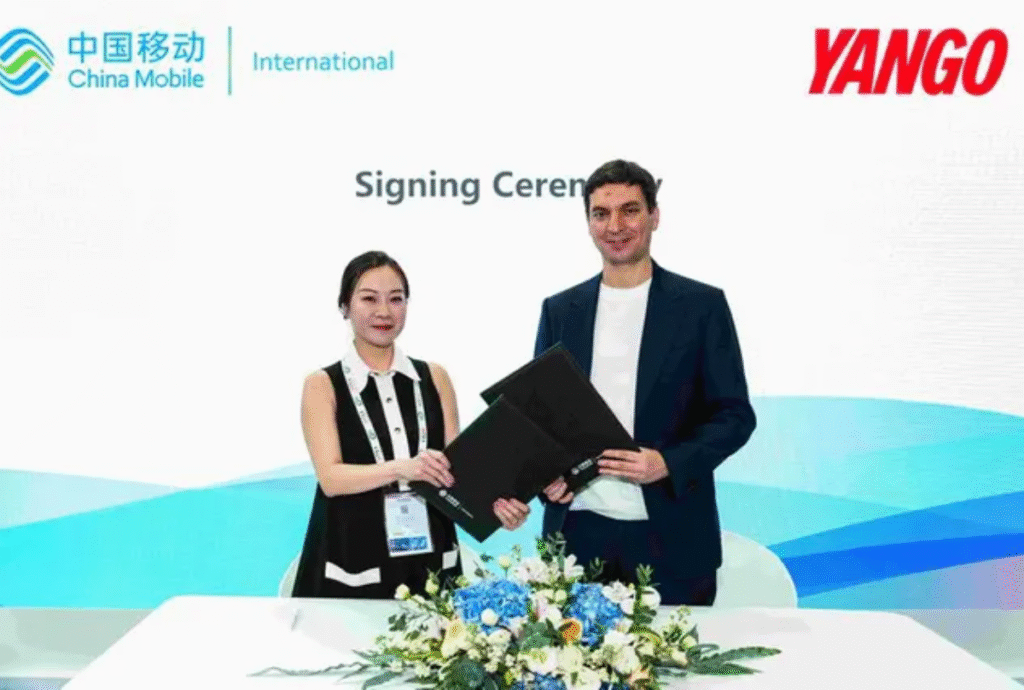
China’s commerce ministry announced new controls on Thursday, October 9, on the export of rare-earth technologies and items, adding to existing regulations on the critical industry that has been a key source of tension between Beijing and Washington.
China is the world’s leading producer of the vital minerals used to make magnets crucial to the auto, electronics and defense industries, and since April it has required licenses for certain exports of the materials, hitting global manufacturing sectors.
Rare earths have been a major sticking point in recent trade negotiations between China and the United States, with Washington accusing Beijing of slow-walking export license approvals.
The new controls – which kick in immediately – mean exporters must obtain permission for technologies used for rare-earth mining and smelting, among other processing steps, a Chinese commerce ministry statement said.
They will also apply to technologies used in the “assembly, adjusting, maintenance, repair and upgrading of production lines,” it said.
Additional restrictions for foreign entities
The commerce ministry separately said restrictions would be placed on foreign entities that export related items outside of China. The controls will require such exporters to obtain a permit prior to making certain shipments, the statement said, adding that applications to overseas military users will not be approved.
“For some time, some overseas organizations and individuals have directly or after processing, transferred or provided controlled rare-earth items originating in China… for direct or indirect use in sensitive areas such as military operations,” a ministry spokesperson said in a statement.
The practice has caused “significant damage or potential threats to China’s national security and interests [and] adversely impacted international peace and stability.”
Le Monde with AFP






